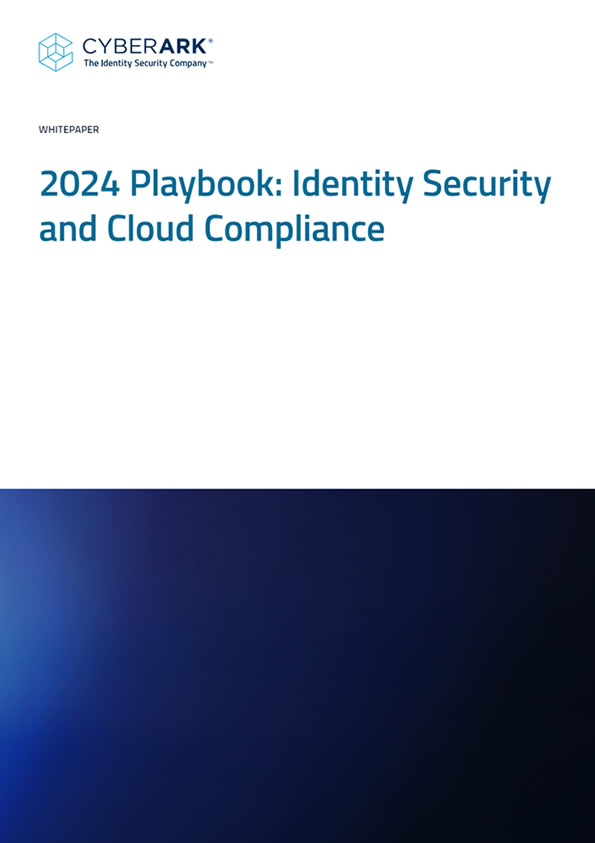A recent cyberattack on a prominent financial institution highlights the critical role of digital trust in the modern world and the need for stringent security measures.
The Incident
A large-scale cyberattack on a leading financial institution has brought the importance of digital trust into sharp focus. The attackers exploited vulnerabilities in the bank’s security systems to gain unauthorised access to sensitive customer data, including account numbers, passwords and personal information. The breach has caused widespread concern among customers and industry experts alike, as the incident casts doubt on the ability of financial institutions to protect their clients’ information.
Digital Trust at Stake
The digital era has transformed the way we conduct our daily lives, with online banking and financial transactions becoming increasingly commonplace. As a result, the concept of digital trust – the confidence that customers place in the security of online platforms – has become a crucial aspect of modern business. This recent cyberattack has highlighted the fragile nature of digital trust and the potential consequences when it is compromised.
The Need for Robust Security Measures
In response to the cyberattack, industry experts are calling for financial institutions to implement more robust security measures to safeguard sensitive customer data. Some recommendations include utilising multi-factor authentication, regularly updating software and hardware systems, and conducting frequent security audits.
Moreover, there is a growing demand for transparency in the sector. Financial institutions need to be open with their customers about the steps they are taking to enhance security and protect their data. By fostering an environment of trust and openness, banks can work towards rebuilding the confidence of their clients.
The Ripple Effect
The consequences of this cyberattack are not limited to the affected financial institution. As the news spreads, customers of other banks may also begin to question the security of their own data. This could lead to a broader erosion of digital trust, with far-reaching implications for the entire financial industry.
In order to address these concerns and maintain public confidence, it is essential that financial institutions invest in cybersecurity and adopt best practices. Collaboration between the public and private sectors will also play a crucial role in defending against future threats.
Conclusion
The cyberattack on a major financial institution has exposed the fragility of digital trust and the importance of stringent security measures in protecting sensitive customer data. By investing in robust security systems and fostering a culture of transparency, financial institutions can work to rebuild public confidence and ensure the continued growth of the digital economy.











